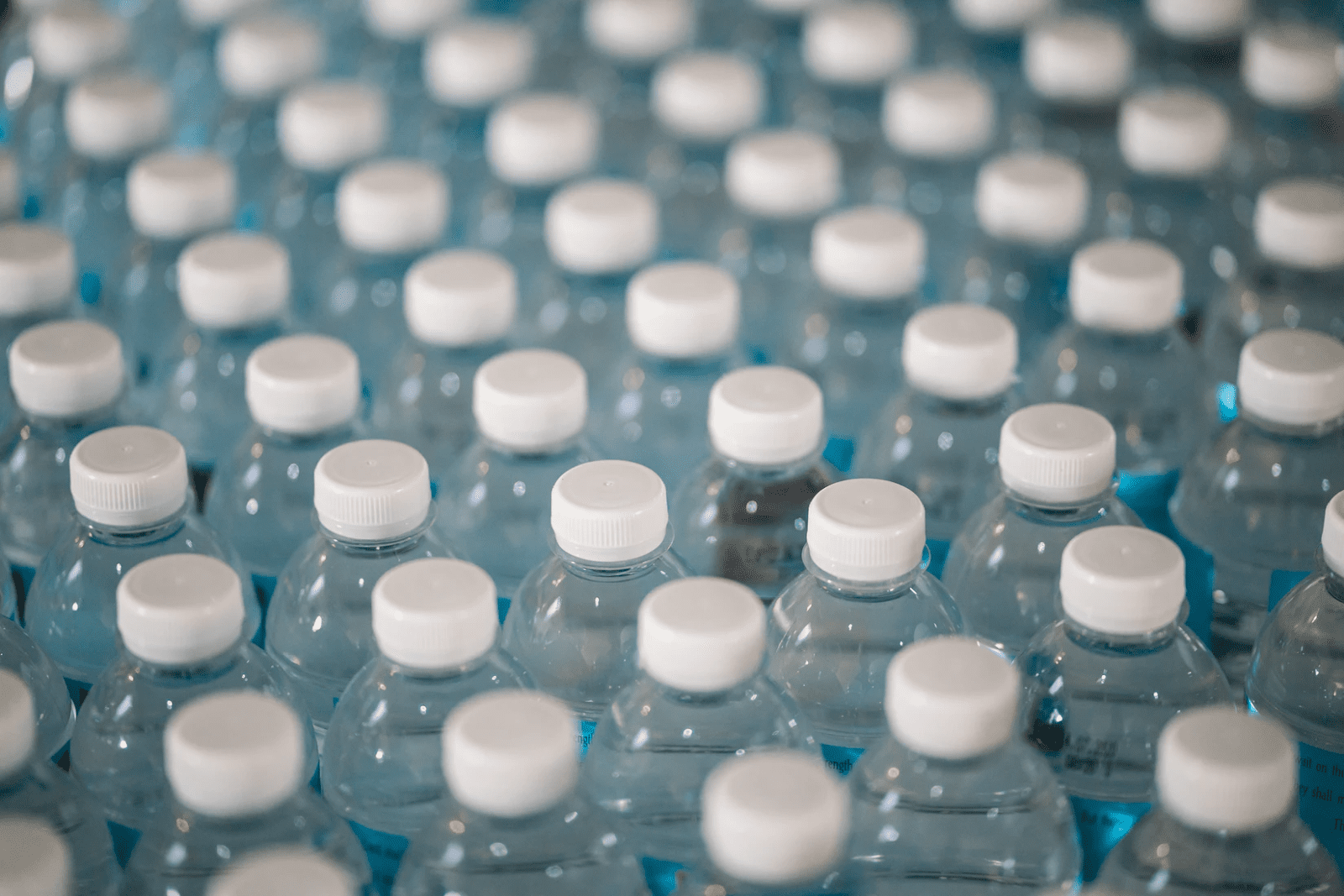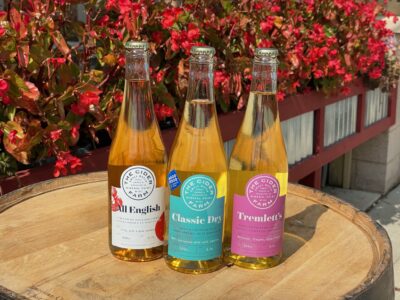Poland Spring just announced that it is joining forces with the University of Maine to explore and create bio-based solutions that could be used to produce more eco-friendly packaging.
The Nestlé Waters North America (NWNA) brand recently revealed that it will work with the University’s Forest Bioproducts Research Institute to explore using materials acquired from sustainably harvested Maine wood.
“Poland Spring is initiating this collaboration with the University of Maine to assess biomaterial technologies that could serve as alternatives to petroleum-derived non-renewable materials,” the company stated.
Specifically, the Institute focuses on discovering eco-friendly, wood-based alternatives and solutions to otherwise ecologically harmful fossil fuels and materials. According to the institute, faculty and staff also work to better understand factors relevant to the production of forest-based bioproducts, such as scientific underpinnings and policy implications.
“UMaine is grateful for Poland Spring’s support of our world-leading research, development, and commercialization in this area,” said University of Maine President Joan Ferrini-Mundy. “Forestry is a cornerstone of Maine’s economy, and the Forest Bioproducts Research Institute was created to provide and promote technology validation and partnerships that will meet societal needs for materials, chemicals, and fuels in an economically and ecologically sustainable manner.”
According to the joint announcement, the partnership was prompted by a two-day bioplastic summit NWNA sponsored at the University in May 2019 in which forest economy stakeholders convened to discuss relevant issues.
“The University of Maine is pioneering new renewable and sustainable wood-based materials and processes that can be used as an alternative to petroleum-derived products, making them the ideal collaborator as we strive for a low carbon, waste-free future,” said VP and Chief Sustainability Officer, Nestlé Waters North America David Tulauskas. “Their innovative work is already showing how a Maine-based circular economy is possible, and this project will identify additional potential uses for the state’s wood fiber byproducts as sustainable packaging or other products.”
Heather Johnson, commissioner of the Maine Department of Economic and Community Development, said, “It’s great to see one of Maine’s strongest brands working with Maine’s flagship research university to look at new opportunities that are beneficial to both the environment and the economy of the state.” Johnson continued: “Any time Maine’s natural resources, the basis of our heritage industries for generations, are looked at with fresh eyes to promote innovation, it is a benefit to the entire state.”
NWNA remains on track to achieve its 2018 commitment to reach 25 percent recycled plastic by 2021 and 50 percent by 2025 across the U.S., the company confirmed in the release. Poland Spring’s parent company also recently revealed plans to construct a 10-megawatt AC renewable energy project at its Hollis, Maine bottling plant. According to NWNA, the completed project would span 47-acres, making it one of the largest contiguous solar arrays in Maine, capable of powering 20-25 percent of the plant’s current energy requirements. The installation is slated for a spring 2022 completion.
Poland Spring operates three Maine bottling plants and employs around 900 workers state-wide, contributing about $49 million to Maine’s economy, according to the press release. The company was named after the town of Poland, Maine, where water was originally drawn from and where bottle production continues.





